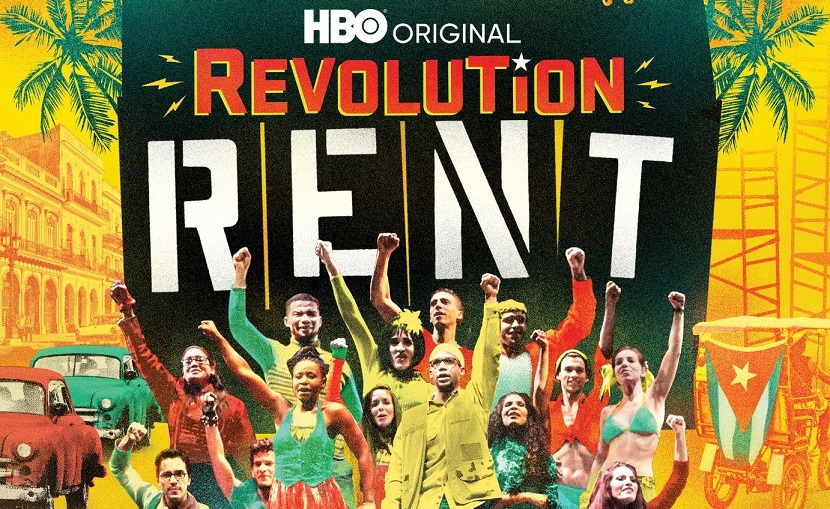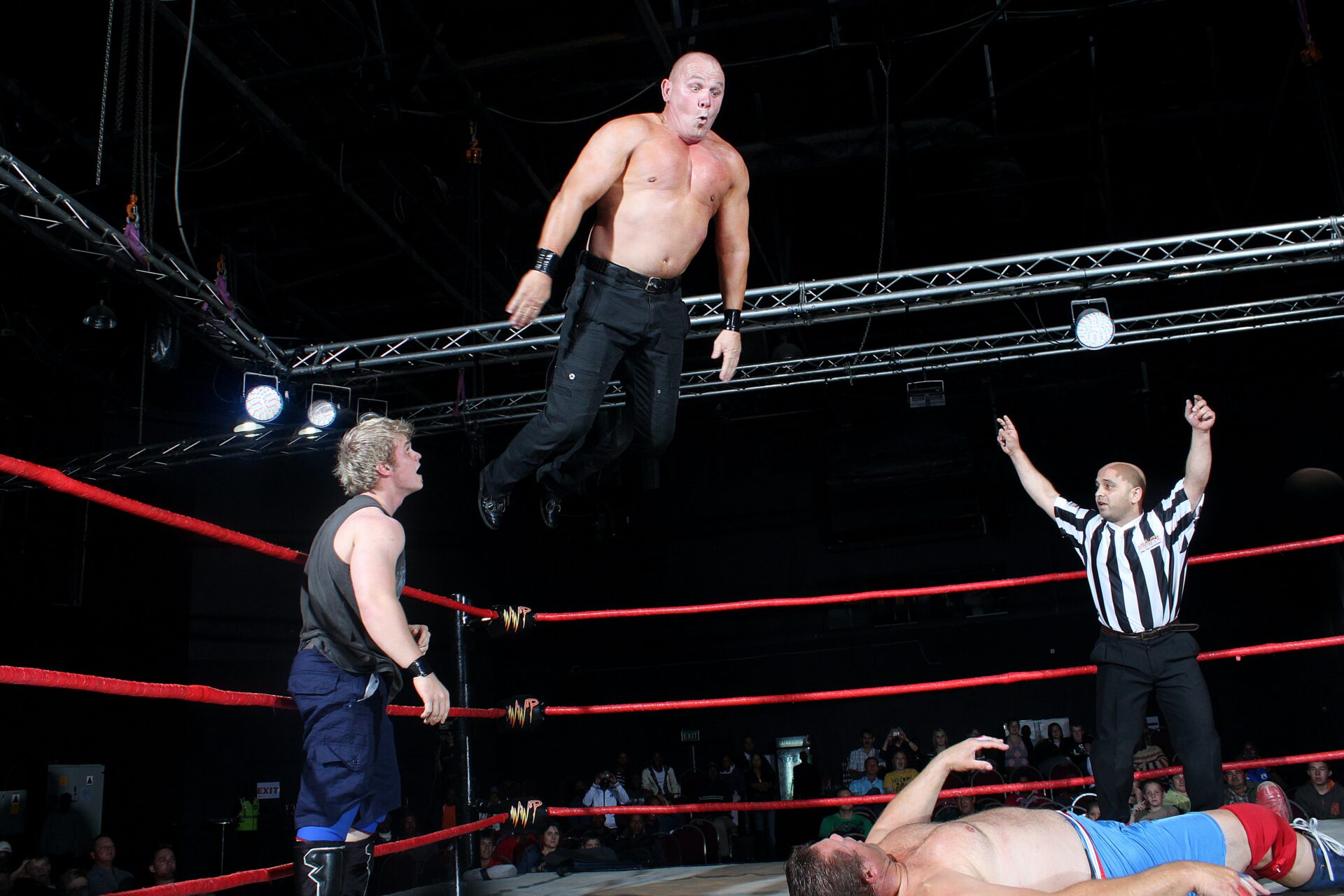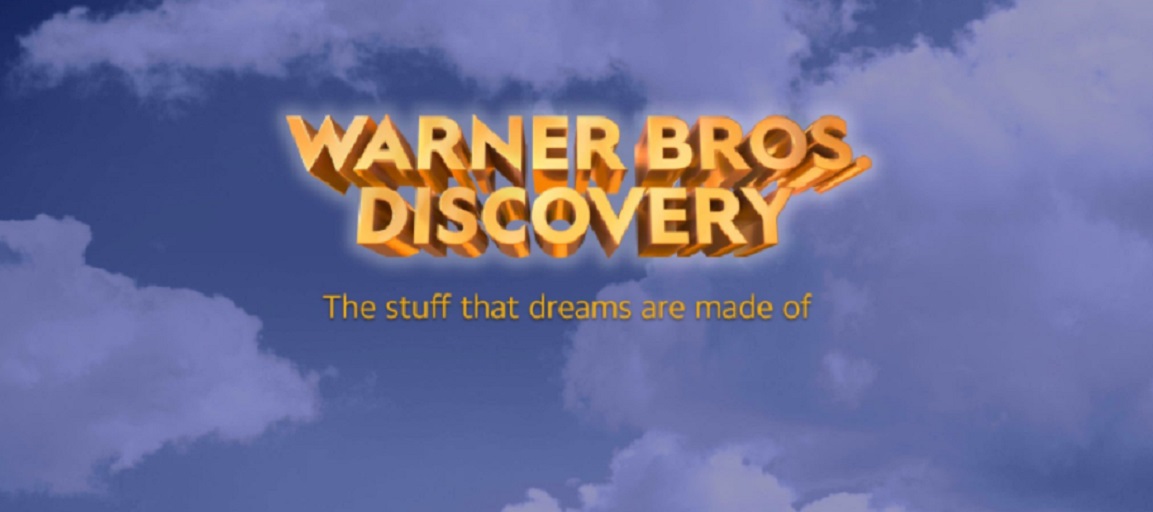In the US, the idea of musical theater and self-expression is totally taken for granted. What do I mean? You can go to almost any high school in the US or college and find a theater department. You can find musicians performing protest songs on street corners, art walks just around the corner. And that doesn’t even touch what we have with Broadway, professional touring companies and more.
This is the US. And despite fights in Washington about a number of interpretations of justice, the ability to just say what you feel and be who you are is not under assault from the government. But this is not the case everywhere in the world much less right next door. That is what Rent Revolution looks at.
Rent is a musical that captivated the theater scene during the 1990s with an unapologetic take on aids, drug use, poverty and homosexuality during a time before marijuana was legal throughout much of the US, gays had to march for the right to be legally married and aids still felt like a death sentence to those diagnosed with HIV. Those ideas might have been taboo in the US during the 1990s but in a place like Cuba where gays were sent to labor camps because of who they were, the idea of performing a musical staring a man dressed in striped hosiery and an elf costume, lesbians mooning those in power and the pure revolt of the status quo it bordered on dangerous. And yet Andy Senor the son Cuban refugees and former Rent cast member (who played Angel) persisted with a vision to bring the show to communist Cuba.
Rent Revolution is his story and the story of the cast of the show that blends the “the show must go on” narrative with an examination of personal sacrifice and endurance of conditions that would seem totally unacceptable to the average American streaming the doc from their couch on a big 4k TV. Imagine putting together a small apartment by accepting donations of window bars and a sink just big enough to put a plate in. Well, that is how one of the stars of the first Broadway show to be performed in Cuba in over 50 years lived. And as the film progressed you realize that his experience is not at all unique.
On its surface, it has the trappings of any documentary that focuses on a show. How do you build the cast, manage egos etc. But a deeper dive into the narrative looks into family dynamics and cultural identity. Senor, in a poignant scene, breaks the news to his family that he has been asked to direct a Cuban production of Rent to his family and is meant with less than a joyous response. That sets the stage for a story of his mother and father and how complicated cultural identity can be for those who forcibly leave the place where they became themselves.
On top of everything else, the show looks at how complicated it is to build a theater culture from the ground up. The actors in the production had never been involved with such a project and unlike an American theater troop, didn’t look at it as a jumping-off point for a theater career. To them, it was a sacrifice with a totally unknown result on the way. It’s not like next year they would be touring with Brigadoon or Mary Poppins. The personal experiences of the Cuban cast members were a stand-in for the personal experiences of the characters in Rent itself. The viewer gets to feel that it’s the people of Cuba that are speaking to Rent more than it is Rent speaking to the people of Cuba.
At the heart of the documentary is the timeless theme of Rent. No Day But Today.
Revolution Rent is streaming on HBO Max.






